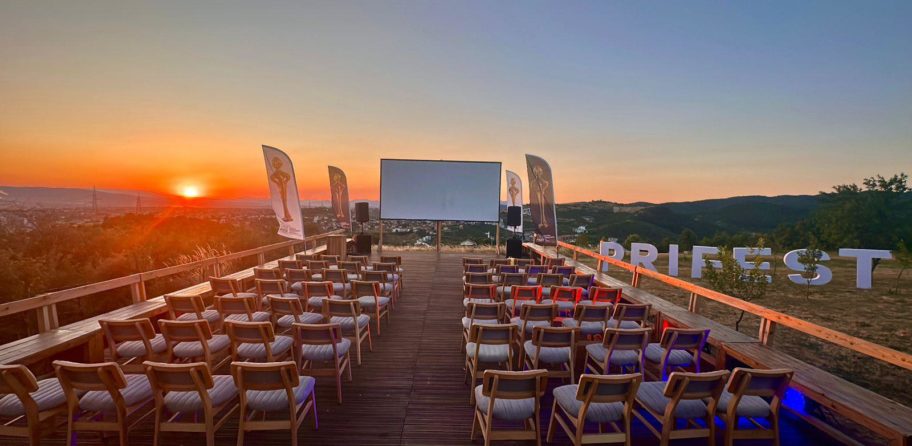PriDOX 2025: Stories of Struggle, Survival, and Democracy on Screen at EDHE
11.07.2025
We are proud to present a selection of powerful documentary films that will be screened at EDHE, starting from 01 July 2025. These screenings are part of PriDOX, the dedicated documentary program within the annual programme of PriFest – Prishtina International Film Festival.
The annual activities of PriFest, including PriDOX, are made possible with the support of the Ministry of Culture of the Republic of Kosovo.


1. NEW CLASSMATES
- Director: Toni Cahunek
- Country of Production: Slovenia
- Length: 89 minutes
-
Synopsis:The Slovenian economy needs workers from Kosovo − but in what way can the education system help their children?The documentary highlights the challenges of four Albanian-speaking children from Kosovo who are integrating into the Slovenian school system. They are complete beginners in the language and have several knowledge gaps. The film also presents their parents looking for a better future in a new country. Including various experts from Slovenia and Kosovo, the film also sheds light on the challenges of integrating immigrants as well as presents the specifics of the school systems of both countries.


2. DEMOCRACY NOIR
- Director: Connie Field
- Country of Production: Denmark, US, Germany
- Length: 113 minutes
-
Synopsis:This is a story of democracy dying through free and fair elections that bring to power a leader, Viktor Orban, who then uses the power of the state and the power of lawmaking to undermine democratic institutions. Democracy Noir follows three courageous women as they fight to expose both the step-by-step destruction of democracy and corruption within Viktor Orbán’s Hungary – a white nationalist regime, envied by promoters of a new brand of authoritarianism throughout the world.


3. PROMISED LAND
- Director: Qendrim Rijani
- Country of Production: North Macedonia
- Length: 61 minutes
-
Synopsis:The feature-length documentary film "PROMISED LAND" deals with a lesser-known aspect of the deportation of Jews from Skopje in March 1943. It is about the so-called "Albanian connection", where with the help of Albanians from Macedonia, Kosovo and Albania, a huge number of Jews were saved. In Albania, they were accepted by Albanian families, and due to the Italian occupation, the treatment towards them was not as rigorous as in the countries under pure German, Nazi occupation. A huge part of the Jewish refugees in Albania received false documents, were naturalized and soon began to work, accepted as "their own".
